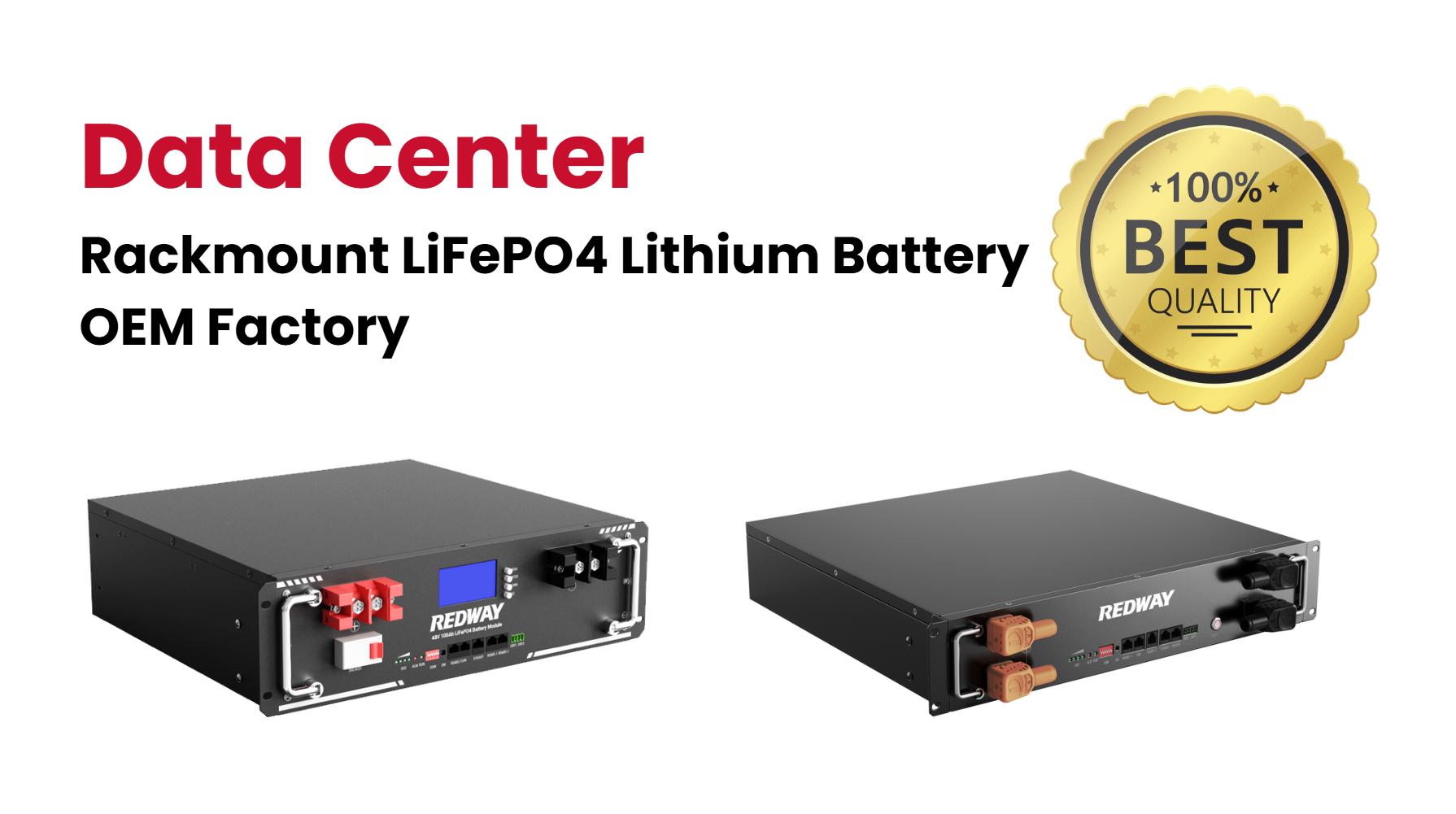UPS batteries provide emergency power during grid failures, ensuring continuous operation of critical IT infrastructure. They bridge the gap until generators activate or systems shut down safely, preventing data loss, hardware damage, and downtime. For data centers, they are the first line of defense against power disruptions.
How Do UPS Batteries Differ from Standard Backup Power Solutions?
Unlike generators, UPS batteries deliver instantaneous power without startup delays. They handle short-term outages and voltage fluctuations, while generators address prolonged outages. UPS systems also condition power, filtering surges and sags that degrade sensitive equipment. This dual role makes them indispensable for maintaining uptime and protecting hardware.
Which Types of UPS Batteries Are Used in Data Centers?
Valve-Regulated Lead-Acid (VRLA) and Lithium-Ion (Li-ion) are the most common. VRLA batteries are cost-effective and maintenance-free, ideal for smaller setups. Li-ion batteries offer higher energy density, longer lifespans, and faster charging, making them suitable for high-demand environments. Emerging options like nickel-zinc and solid-state batteries are gaining traction for sustainability.
Why Is Regular Maintenance Crucial for UPS Battery Performance?
Batteries degrade due to temperature fluctuations, cycling, and age. Regular testing identifies weak cells before failure. Maintenance includes cleaning terminals, checking voltage levels, and replacing units nearing end-of-life. Neglecting this can lead to unexpected outages, reduced runtime, and costly replacements during critical events.
How Does Temperature Affect UPS Battery Lifespan?
High temperatures accelerate chemical reactions, shortening lifespan by 50% for every 15°F above 77°F. Low temperatures reduce capacity. Data centers maintain 68–77°F for optimal performance. Advanced cooling systems and thermal monitoring tools mitigate risks, ensuring batteries operate within safe thresholds.
What Are the Emerging Technologies in UPS Battery Design?
Lithium-ion adoption is rising due to efficiency gains. Solid-state batteries promise higher safety and energy density. AI-driven predictive analytics optimize charging cycles and failure detection. Hydrogen fuel cells are being explored for eco-friendly, long-duration backup, though costs remain prohibitive for widespread use.
How Do Sustainability Trends Impact UPS Battery Choices?
Data centers prioritize recyclable and energy-dense batteries to reduce carbon footprints. Lithium-ion’s longer lifespan minimizes waste. Regulations like the EU Battery Directive enforce stricter recycling standards. Companies also invest in renewable-coupled storage systems, using UPS batteries for energy arbitrage during peak demand.
Can UPS Batteries Integrate with Renewable Energy Systems?
Yes. Solar or wind energy can charge UPS batteries during off-peak hours, reducing grid reliance. This hybrid approach cuts operational costs and emissions. For example, Tesla’s Megapack integrates with solar farms to provide backup power while supporting sustainable energy use in data centers.
Expert Views
Modern data centers demand UPS solutions that balance reliability and sustainability,” says a Redway Battery expert. “Lithium-ion adoption is accelerating, but VRLA remains relevant for cost-sensitive projects. Future innovations will focus on AI-driven health monitoring and modular designs to simplify scalability and maintenance.”
Conclusion
UPS batteries are the backbone of data center power resilience. Advances in battery technology and proactive maintenance strategies ensure uninterrupted operations. As sustainability becomes a priority, the shift toward efficient, eco-friendly solutions will redefine backup power standards.
FAQs
Q: How often should UPS batteries be replaced?
A: VRLA batteries last 3–5 years; lithium-ion lasts 8–10 years. Regular testing determines exact replacement timelines.
Q: Can UPS batteries be recycled?
A: Yes. Lead-acid batteries have a 99% recycling rate. Lithium-ion recycling programs are expanding but less established.
Q: Do UPS batteries require ventilation?
A: VRLA batteries are sealed but still emit minimal gas. Lithium-ion systems need less ventilation, simplifying installation.




